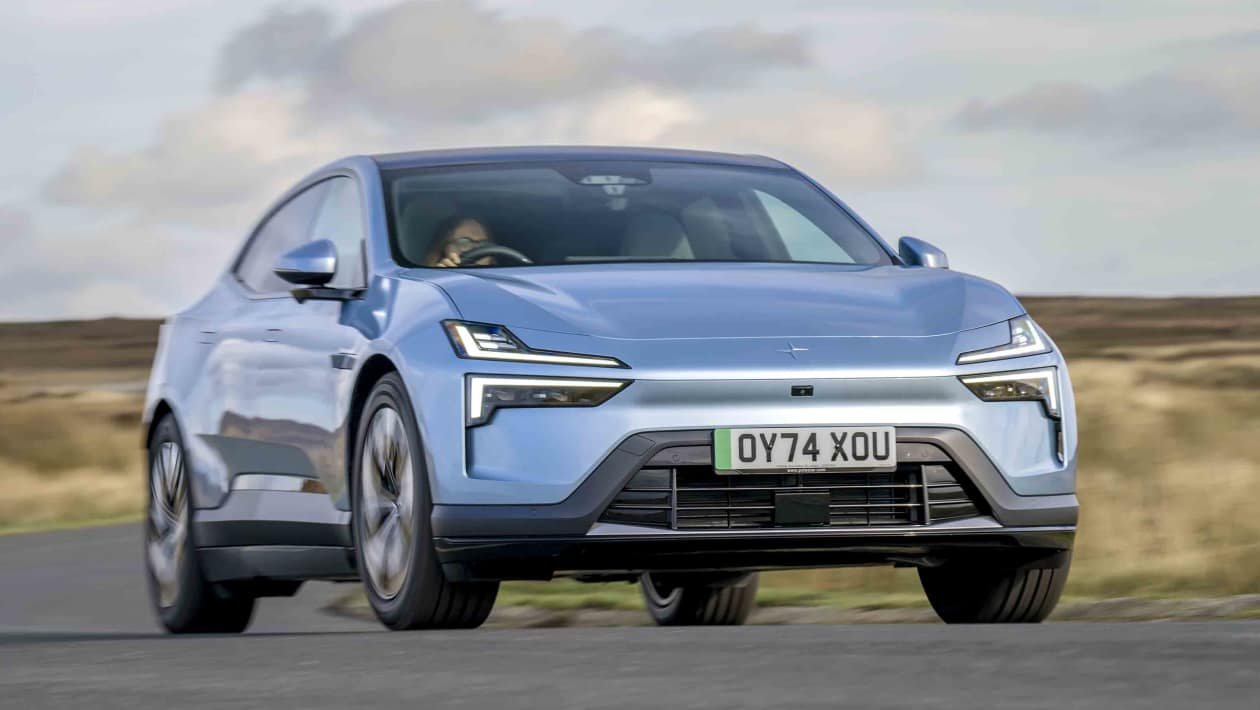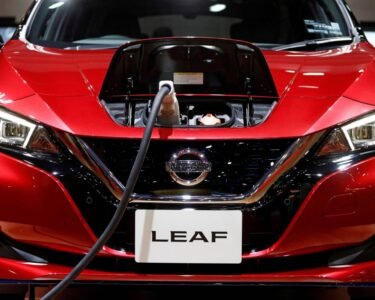The supplement, currently £410 a year, increases to £425 per year from 1 April, and applies for five years from the car’s second birthday – i.e. years two to six. So EVs that would previously have been free to tax will now cost private buyers a whopping £620 per year from year two onwards. This is because they’ll pay the £425 surcharge on top of the standard £195 annual rate.
It’s not a small number of vehicles that’ll be affected, either, as EVs tend to be quite expensive brand new. Given the range starts at more than £39,500, most Volkswagen ID.4s will attract this new higher tax rate for instance – and that’s just a sensible electric SUV, not something most people would consider a luxury car.
This is worth bearing in mind for used car buyers too. It’s not always easy to find out what the used car you’re buying cost when it was brand new, so it’s worth running a car’s registration through an online car tax calculator to see how much it might cost in advance.
Owners of EVs worth more than £40,000 registered before April 2025 will at least be spared from paying the expensive car supplement – though of course after that date they’ll still have to pay the standard £195 annual rate.
Benefit-in-Kind
With their employer footing the bill for road tax, the cost company car users are most concerned by is Benefit-in-Kind taxation, abbreviated to BiK. This works out a tax rate based on three factors: the cost of the car, whether you’re a lower or higher rate taxpayer (i.e. pay tax at the standard 20 per cent rate, or the higher 40 per cent rate of income tax), and a BiK percentage rate.
This latter figure has been 2 per cent for EVs for a few years now, but increases to 3 per cent from April. This obviously means it’ll cost a little more in tax to run a company car, but given this rate is already far lower than for cars with higher CO2 ratings, running an EV as a company car is still incredibly cost-effective – the difference between a petrol BMW 3 Series and an electric BMW i4 for instance is measured in the thousands of pounds.
VAT
Most things you buy or services you use in the UK attract Value Added Tax, or VAT, typically at a rate of 20 per cent. If a car costs £20,000 before VAT, then the on-the-road price (ignoring registration costs and other peripheral car-buying costs) will be £24,000.




